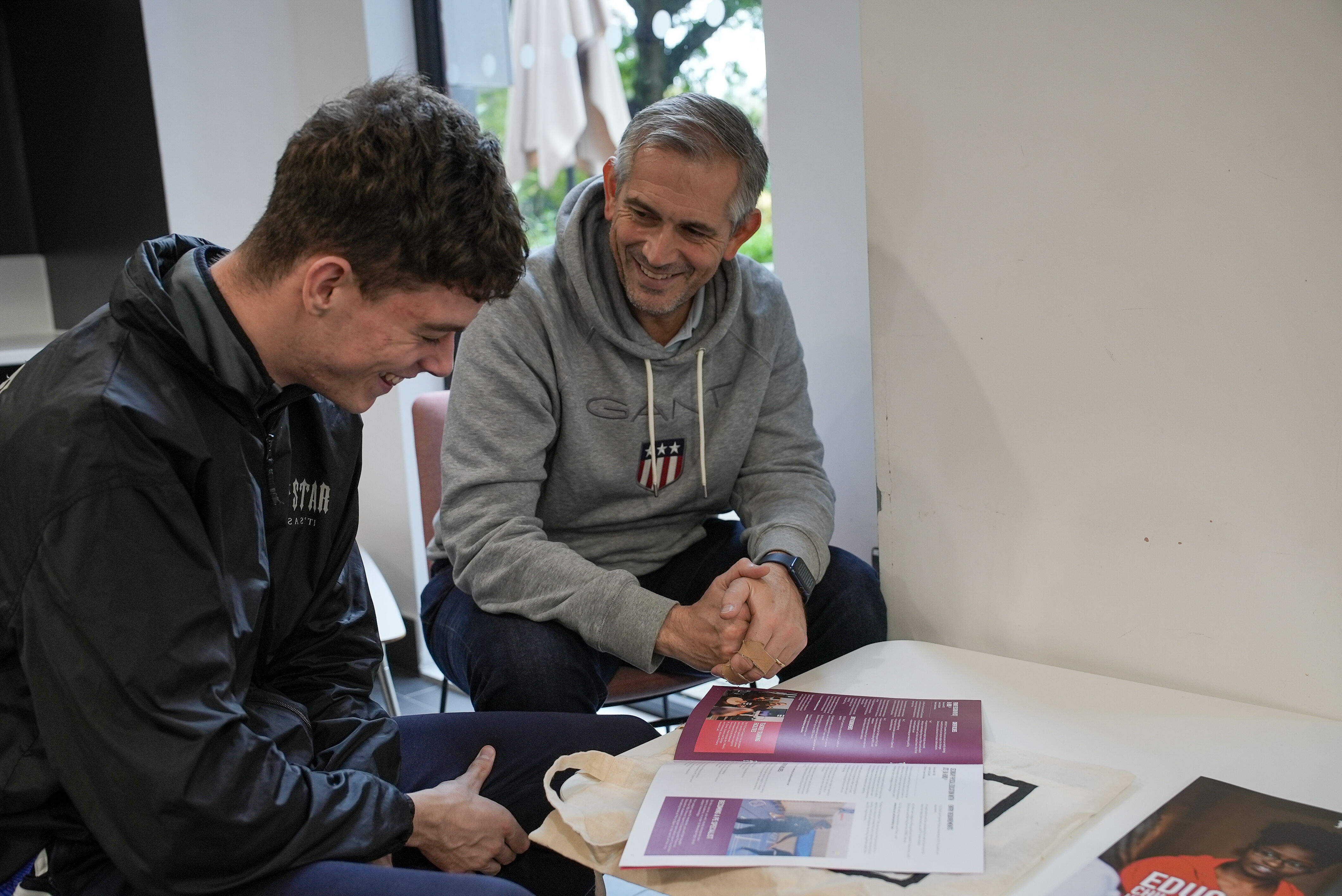Wondering how to help your child with their personal statement, and looking for more information on what should be included? Our overview is a great place to start.
What is a personal statement?
A personal statement is a longer piece of writing that forms part of a student's application to university. It describes the student, and their interests - both academic and extra-curricular - and explains why they want to study the subject they have applied for, what sets them apart and what their plans are for the future.
Why is a personal statement important?
A personal statement is important because it shows the Admissions staff and the tutor for the student's course whether the student in question is the right fit for the subject, has a passion and genuine interest in it, and that their skills match those required for the course. It's also the one opportunity to show a little personality in the application process!
Personal statement guide
Find out all you need to know to help your child put together a winning personal statement.
What should be included in a personal statement?
There are three main questions to answer, and we’ll help you break them down.
Question 1: Why do you want to study this course or subject?
Here’s where your child should explain what makes this course exciting to them.
They can include:
- Their motivations for studying this course(s)
- Their knowledge of this subject area and personal interests
- Their future plans and why this is a good fit
Question 2: How have your qualifications and studies helped you prepare for this course or subject?
This is your child's chance to show what they've learned at school or college that links to the course.
They could include:
- The skills and knowledge they've gained from education or training, and how this will help tyhem succeed in their chosen subject
- What relevant or transferable skills you have that make them a great candidate
- Any additional educational achievements, such as being head boy or girl
Question 3: What else have you done to prepare outside of education, and why are these experiences useful?
Not everything your child has learnt comes from the classroom. Life experience counts too!
They might want to talk about:
- Work experience, employment, or volunteering and how it's helped them develop the skills needed for their chosen course or future career
- Hobbies and any extracurricular or outreach activities that have taught them transferable skills they can use on their course
- Achievements outside of school or college.
Some examples could be DofE, a part-time job or being part of a sports team.
How long should a personal statement be?
Each response will have a minimum character count of 350 characters, including spaces. There's a 4000-character count overall, including spaces. Your child doesn't have to use the same number of characters for each question, as long as they write a minimum of 350 characters. They can write more for one question than for the others.
When should my child be working on their personal statement?
The UCAS deadline is in January each year, so it’s good for your child to get started on theirs before Christmas so they can enjoy the holidays.
They can still apply through UCAS after the January deadline; however, some of our courses may be full.
How can I help my child write their personal statement?
Ultimately, your child will need to write their personal statement from a very personal viewpoint, but you can help get them started by working out what they can include to answer each question. If they then focus on doing just one question at a time, it'll be over before they know it! Also, make sure you offer your editing services once they've finished, as the UCAS website doesn't have a spellchecker on this section, and any errors will not be looked on too kindly by the course tutors!




